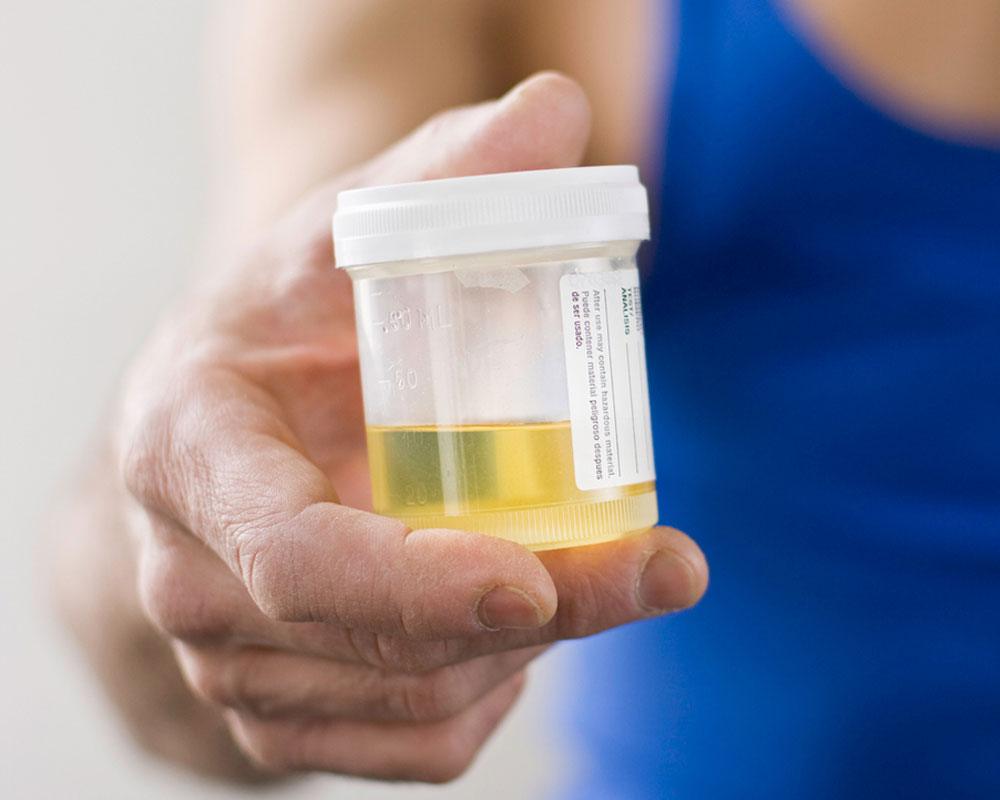
With today’s lifestyle and busy work schedules, most people are finding ways to improve their overall wellness. People will usually look for alternatives to enhance their overall health through increased physical activity, consumption of healthy food items and the use of more natural and alternative treatment options for various illnesses. People, however, also try to avoid contracting certain conditions that may be an indication of poor health and wellness. One such medical condition is the presence of tyrosine in the urine. People who have this condition may wonder “What is this and what do I have to do to address this?” In this article, we will look at what tyrosine is, what causes Tyrosine in the urine and this can be diagnosed and treated.
What Is Tyrosine?
A popular supplement for individuals who want to improve their focus, attention, and alertness, tyrosine is utilized by most people for the numerous health benefits it can provide individuals. Tyrosine is a supplement that aids in the production of numerous chemicals in the human brain where these critical compounds can help the cells of the nerves in communicating with each other. In addition, tyrosine is purportedly able to help patients in mood regulation. While it is true that tyrosine can provide the human body different kinds of health benefits, it can also come with certain risks or side effects that can negatively impact the wellness of individuals.
But what is Tyrosine really? Simply put, it is an amino acid that is produced naturally by the body through phenylalanine, another critical amino acid. A lot of food items contain tyrosine but one notable product that contains tyrosine which is cheese. In fact, tyrosine was initially discovered in the said dairy product where tyrosine was named after the Greek word for cheese, “Tyros”. Significant levels of tyrosine are also present in various food items and these include dairy products, high-protein foods, fish, turkey, and chicken.
Tyrosine is important and critical to the production of key substances needed by the human body. Listed below are some of these substances:
1. Dopamine
This particular hormone aids the body in managing its pleasure and reward centers. This chemical in the brain is also important and critical for certain skills related to the motor and memory functions of individuals.
2. Melanin
This substance provides the pigment of the human skin, eyes and even the color of the hair. People who have dark skin have more melanin present in their system compared to light-colored skinned or fair-skinned individuals.
3. Thyroid Hormones
These hormones help the body in its management of metabolism and they are mostly produced in the thyroid.
4. Noradrenaline and adrenaline
These substances are responsible for the body’s response to stressful situations and are known as the fight-or-flight response. These two hormones prep the human body based on the decision to either flee or run away from a threat or stressful situation or to attack or fight back against the threat.
Tyrosine As A Supplement
Tyrosine can also be taken as a form of a supplement. It can be taken on its own or with other products or ingredients. Through tyrosine supplementation, people hope to enhance and add to the levels of norepinephrine, adrenaline, dopamine and other neurotransmitters already present in the human body. Once the abovementioned neurotransmitters are increased, it is expected that reactions to stressful events and functions related to memory and focus are also enhanced and improved.
What Causes Tyrosine in Urine?
Tyrosine in urine is generally referred to as having crystals in the urine. This is because urine contains different kinds of chemicals that can become crystals through solidification and crystallization. This condition is known as crystalluria. The formation of such crystals is normal for most healthy individuals and can be the result of the presence of excess vitamin C and protein which are normally harmless to patients. There are some cases, though, where these crystals may be an indication of something far more serious. Once symptoms such as unexplained fatigue, jaundice or yellowish skin, presence of blood in the urine, abdominal pain, and fever, these may be telltale signs of something more serious. Symptoms should not be ignored and will require a visit to the patient’s medical practitioner for further testing.
There are different types of urine crystals. These include crystals caused by uric acid, calcium oxalate, hippuric, struvite, calcium phosphate, bilirubin, ammonium bitrate, cholesterol, cystine, and indinavir.
But what causes tyrosine in urine? Tyrosine crystals are usually needle-like and colorless and are found in the urine. It is caused by some form of metabolic disorder such as tyrosinemia and liver diseases. Some of the symptoms of this medical condition include vomiting, bloody stools, diarrhea, fever and difficulty in putting on more weight.
Tyrosine in Urine: Diagnosis and Treatment
Doctors or physicians who suspect that their patients have urine crystals will commonly have a urine analysis done. In fact, some annual medical checkup [ackages will include the urinalysis. This is to check on possible issues even if no complaint from the patient has been documented. The urinalysis test will entail the patient providing a sample to the lab technician for further analysis. This analysis will include observing for any cloudiness that may be a sign of infection. The color of the urine will also be observed. Due to some conditions such as blood in the urine can be visibly noted.
Doctors may order additional tests depending on the result of the urinalysis. Some may require liver tests and other tests if they suspect health issues with the patient’s other internal organs.
Tyrosine crystals in the urine will usually be treated through the management of diabetes, cholesterol, and blood pressure. Lifestyle change is also advised such as eating a healthier diet and exercising.